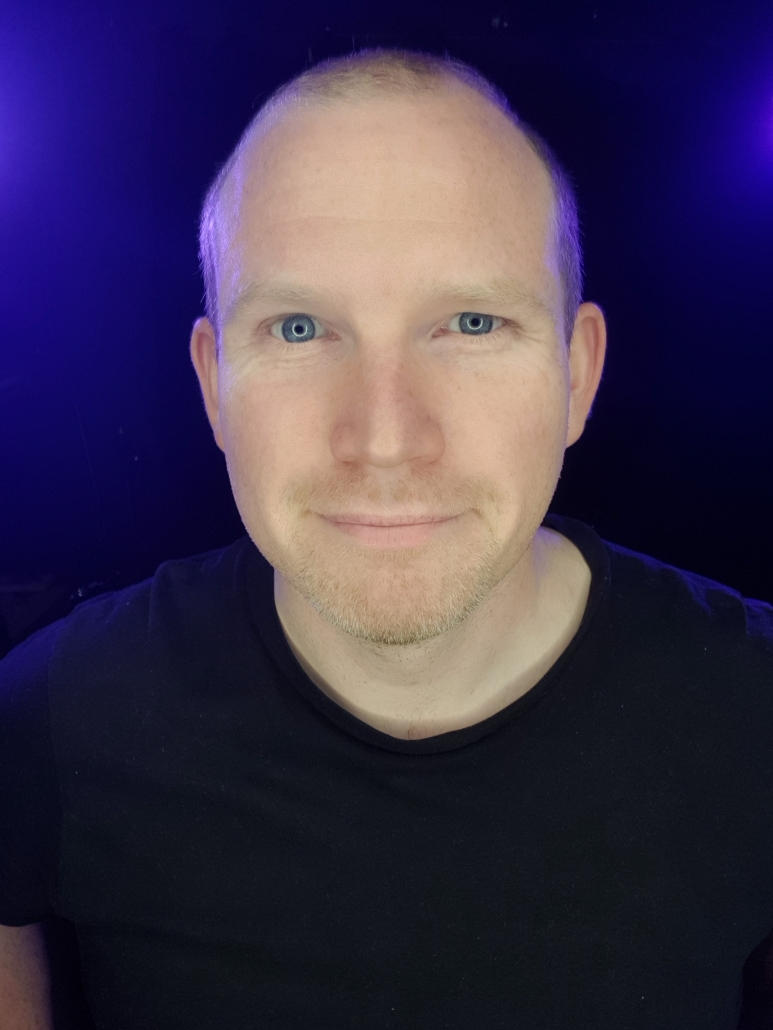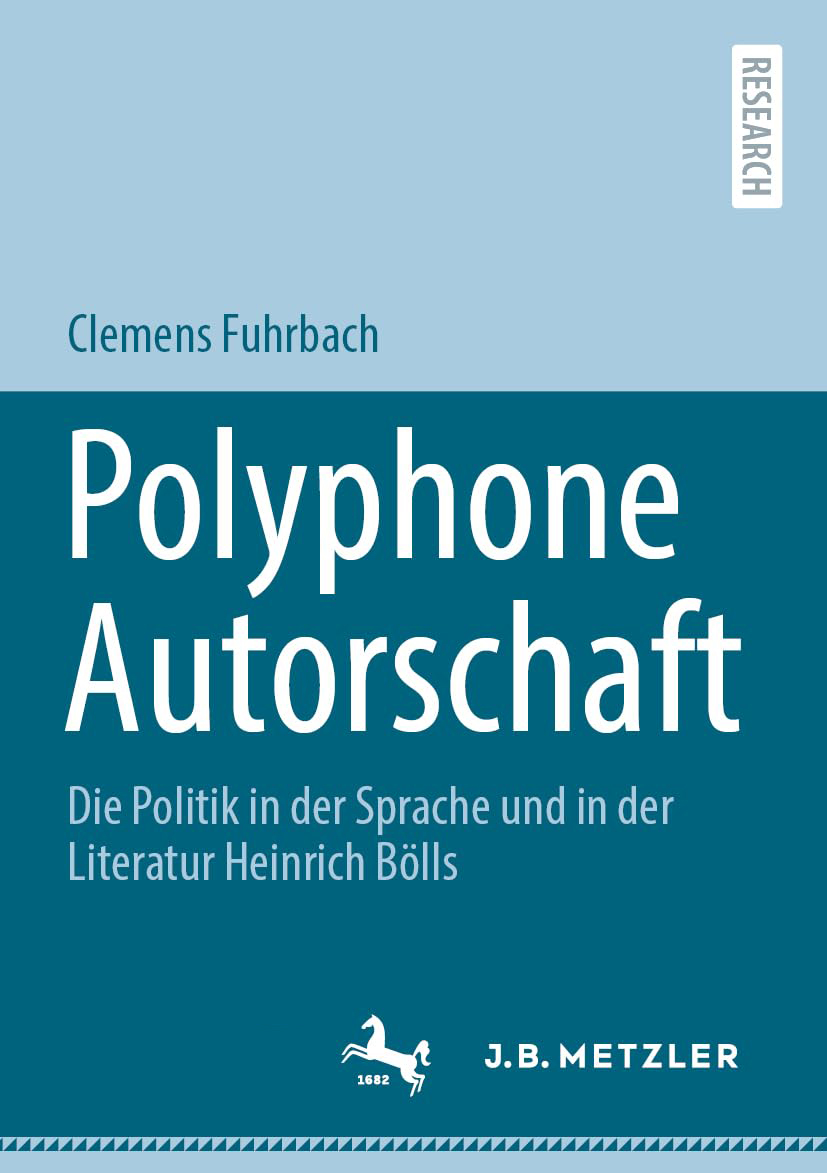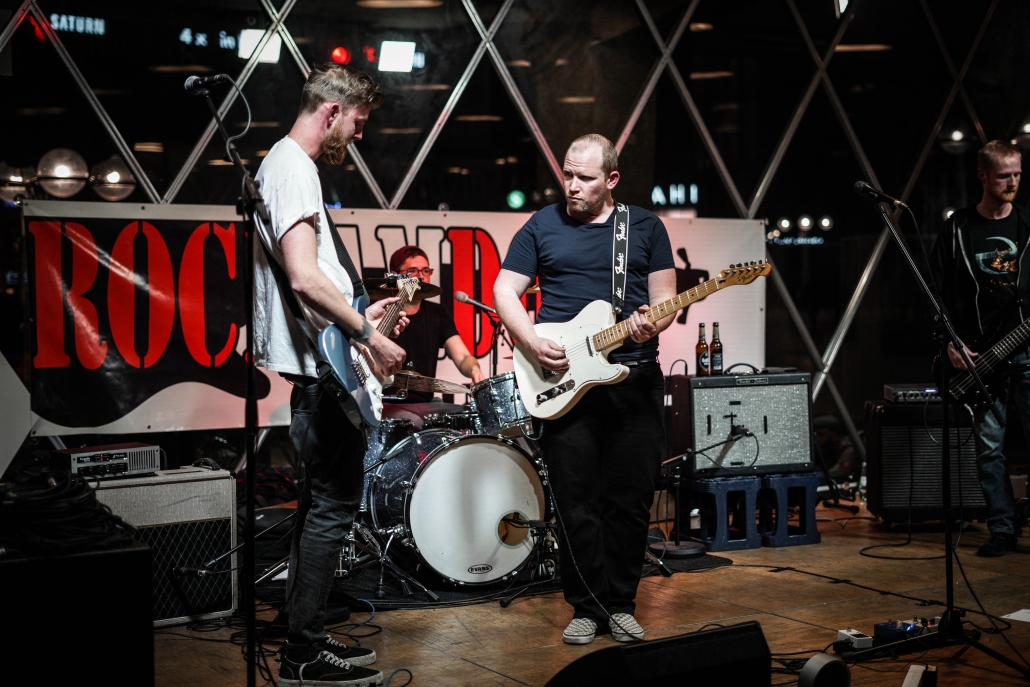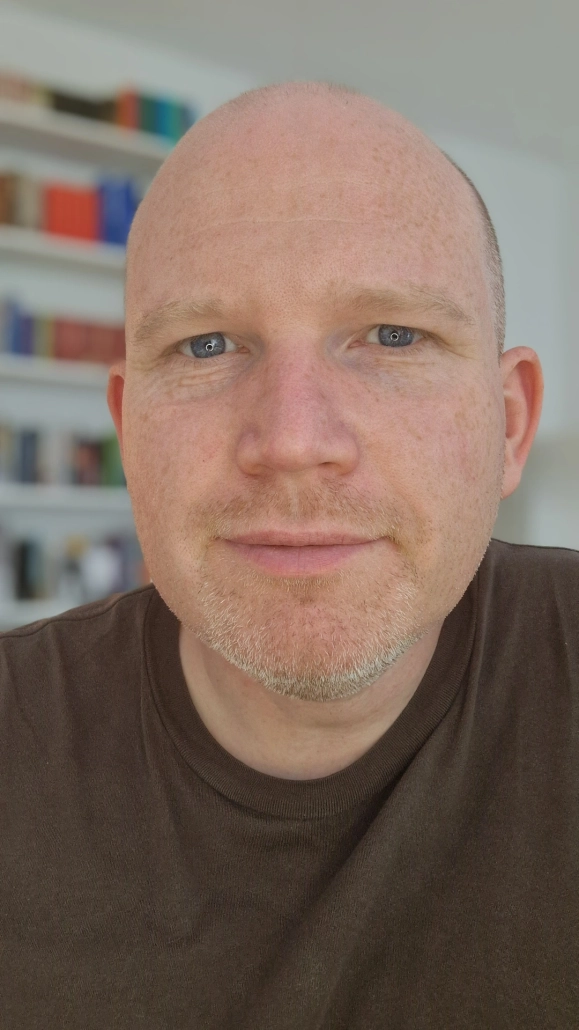Hello World!
You are who you are
You are the fighter, doing your rounds. You breathe deeply, shape the end, sharp as a knife. AND THEY? They don’t check anything, they just watch while you set the pace. Tell them: “Not with me!”
School tells you that you need knowledge as if it were the key to happiness. But you know what? You go your own way. Your knowledge is enough – the rest? That can wait. And when the teacher tells you that you need to know this to get ahead, you say:
“Where’s the space for me?”
They have their models, their rules. But you? You’re the one with the rough edges. The one who breaks through, who digs in the corners where others can’t go. You are who you are. Behind your door is the real key – and it doesn’t fit into their world. You are more than what they see. The old patterns? Leave them behind. Your value lies in what you make of yourself. Where you go is up to you.
Clemens Fuhrbach lives and works in Cologne. He holds a PhD in German literature and works as a teacher, musician, and writer. His work combines theory, practice, and art — with a focus on literature, ethics, and digital culture. His songs and texts explore questions of identity, language, and social participation. In addition to academic publications, he develops artistic projects.





